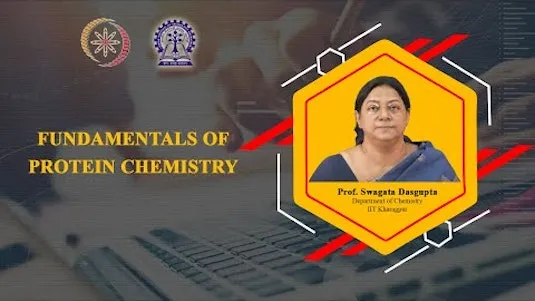
Fundamentals Of Protein Chemistry 
This course provides an in-depth exploration of protein chemistry, from the basics of amino acids and peptide bonds to the more advanced topics of protein folding, denaturation, metalloproteins, motor proteins, membrane proteins, enzyme mechanisms, and protein-ligand and protein-protein interactions. It is intended for undergraduate and graduate students with a background in biochemistry. Through online learning and skill training, students will gain a comprehensive understanding of protein chemistry and its applications. ▼
ADVERTISEMENT
Course Feature
![]() Cost:
Cost:
Free
![]() Provider:
Provider:
ThaiMOOC
![]() Certificate:
Certificate:
Paid Certification
![]() Language:
Language:
English
![]() Start Date:
Start Date:
23rd Jul, 2023
Course Overview
❗The content presented here is sourced directly from ThaiMOOC platform. For comprehensive course details, including enrollment information, simply click on the 'Go to class' link on our website.
Updated in [May 25th, 2023]
This course provides an in-depth study into the fundamentals of protein chemistry. It is designed for undergraduate and graduate students who have a basic understanding of biochemistry.
The course begins with an introduction to the basics of protein structure and function, including amino acids and the peptide bond. Students will learn about protein folding and denaturation, as well as the techniques used for protein isolation and characterization.
The importance of metalloproteins and motor proteins will be discussed, followed by a discussion on membrane proteins and transport. Students will learn about enzymes, their mechanisms, kinetics and inhibition, as well as protein-ligand and protein-protein interactions.
Finally, the course will cover some special topics in protein chemistry relevant to current literature.
By the end of the course, students will have a comprehensive understanding of the fundamentals of protein chemistry, including protein structure and function, protein folding and denaturation, protein isolation and characterization, metalloproteins and motor proteins, membrane proteins and transport, enzymes, protein-ligand and protein-protein interactions, and special topics in protein chemistry.
[Applications]
After completing this course, students should be able to apply their knowledge of protein chemistry to a variety of contexts. They should be able to understand the structure and function of proteins, as well as the techniques used for protein isolation and characterization. They should also be able to analyze the mechanisms of enzymes, their kinetics and inhibition, and the protein-ligand and protein-protein interactions. Additionally, they should be able to apply their knowledge of special topics in protein chemistry to current literature.
[Career Paths]
1. Protein Biochemist: Protein biochemists are responsible for researching and studying the structure and function of proteins. They use a variety of techniques to isolate, purify, and characterize proteins, and use this information to understand how proteins interact with each other and with other molecules. This field is rapidly growing, as new technologies and techniques are being developed to better understand the structure and function of proteins.
2. Protein Engineer: Protein engineers use the knowledge gained from protein biochemistry to design and develop new proteins with specific functions. They use techniques such as directed evolution and rational design to create proteins with desired properties, such as increased stability or improved binding affinity. This field is becoming increasingly important as new proteins are being developed for use in biotechnology and medicine.
3. Protein Structural Biologist: Protein structural biologists use a variety of techniques to determine the three-dimensional structure of proteins. This information is used to understand how proteins interact with each other and with other molecules, and to design new proteins with desired properties. This field is rapidly growing, as new technologies and techniques are being developed to better understand the structure and function of proteins.
4. Protein Therapeutics Researcher: Protein therapeutics researchers use the knowledge gained from protein biochemistry and engineering to develop new drugs and therapies. They use techniques such as directed evolution and rational design to create proteins with desired properties, such as increased stability or improved binding affinity. This field is becoming increasingly important as new proteins are being developed for use in biotechnology and medicine.
[Education Paths]
1. Bachelor of Science in Biochemistry: A Bachelor of Science in Biochemistry is a four-year degree program that provides students with a comprehensive understanding of the chemical processes that occur in living organisms. Students learn about the structure and function of proteins, enzymes, and other molecules, as well as the principles of metabolism, genetics, and molecular biology. This degree is ideal for those interested in pursuing a career in biochemistry, biotechnology, or related fields.
2. Master of Science in Biochemistry: A Master of Science in Biochemistry is a two-year degree program that provides students with an advanced understanding of the chemical processes that occur in living organisms. Students learn about the structure and function of proteins, enzymes, and other molecules, as well as the principles of metabolism, genetics, and molecular biology. This degree is ideal for those interested in pursuing a career in biochemistry, biotechnology, or related fields.
3. Doctor of Philosophy in Biochemistry: A Doctor of Philosophy in Biochemistry is a four-year degree program that provides students with an in-depth understanding of the chemical processes that occur in living organisms. Students learn about the structure and function of proteins, enzymes, and other molecules, as well as the principles of metabolism, genetics, and molecular biology. This degree is ideal for those interested in pursuing a career in biochemistry, biotechnology, or related fields.
4. Master of Science in Protein Chemistry: A Master of Science in Protein Chemistry is a two-year degree program that provides students with an advanced understanding of the structure and function of proteins, enzymes, and other molecules. Students learn about the principles of protein folding and denaturation, protein isolation and characterization, metalloproteins, motor proteins, membrane proteins, and transport. This degree is ideal for those interested in pursuing a career in biochemistry, biotechnology, or related fields.
The development trends for these degree paths are focused on the application of biochemistry and protein chemistry to the development of new technologies and treatments. For example, biochemistry and protein chemistry are being used to develop new drugs and treatments for diseases, as well as to develop new materials and technologies. Additionally, biochemistry and protein chemistry are being used to develop new methods of diagnosing and treating diseases, as well as to develop new methods of food production and preservation.
Course Provider

Provider ThaiMOOC's Stats at AZClass
Discussion and Reviews
0.0 (Based on 0 reviews)
Explore Similar Online Courses
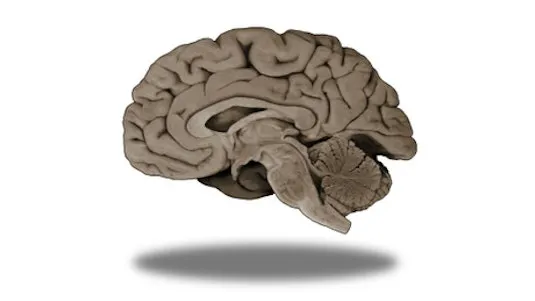
Foundational Neuroscience for Perception and Action

Introduction to Elixir Programming Tutorial

Python for Informatics: Exploring Information

Social Network Analysis

Introduction to Systematic Review and Meta-Analysis

The Analytics Edge

DCO042 - Python For Informatics

Causal Diagrams: Draw Your Assumptions Before Your Conclusions

Whole genome sequencing of bacterial genomes - tools and applications
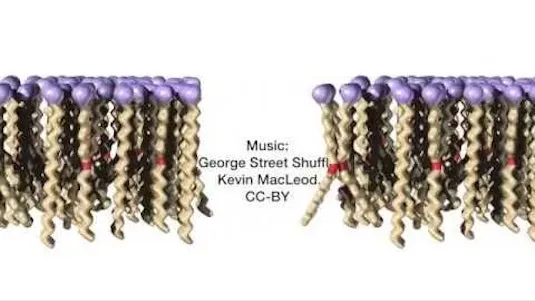
Principles of Biochemistry
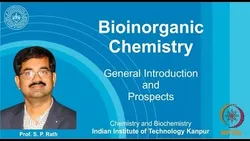
Bioinorganic Chemistry
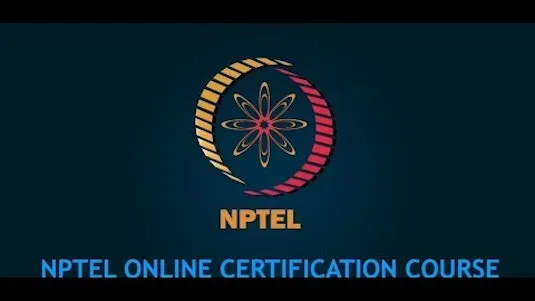
Essentials of Biomolecules : Nucleic Acids and Peptides
 Related Categories
Related Categories
 Popular Providers
Popular Providers
Quiz
 Submitted Sucessfully
Submitted Sucessfully
1. What is the intended audience for the course?
2. What is the prerequisite for the course?
3. What will be discussed in the course?
4. What is the intended audience for the course Fundamentals Of Protein Chemistry?
Correct Answer: Undergraduate and Graduate students


Start your review of Fundamentals Of Protein Chemistry